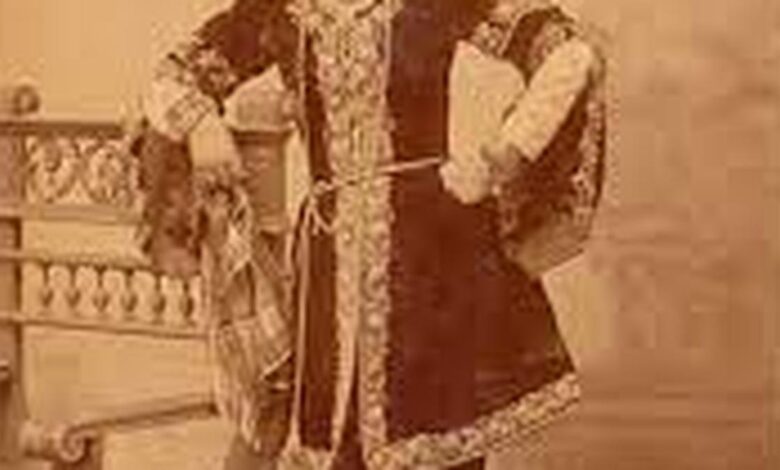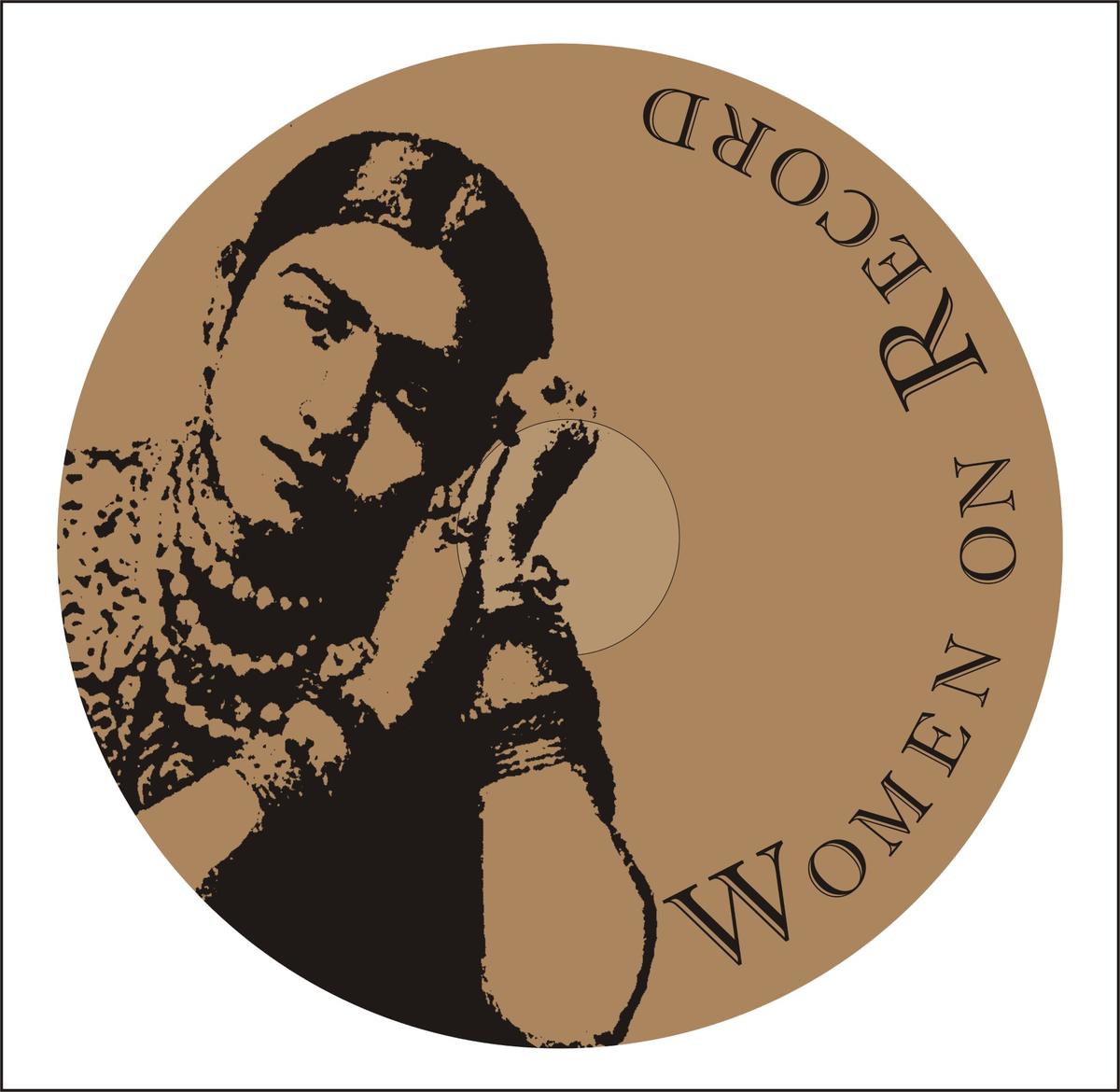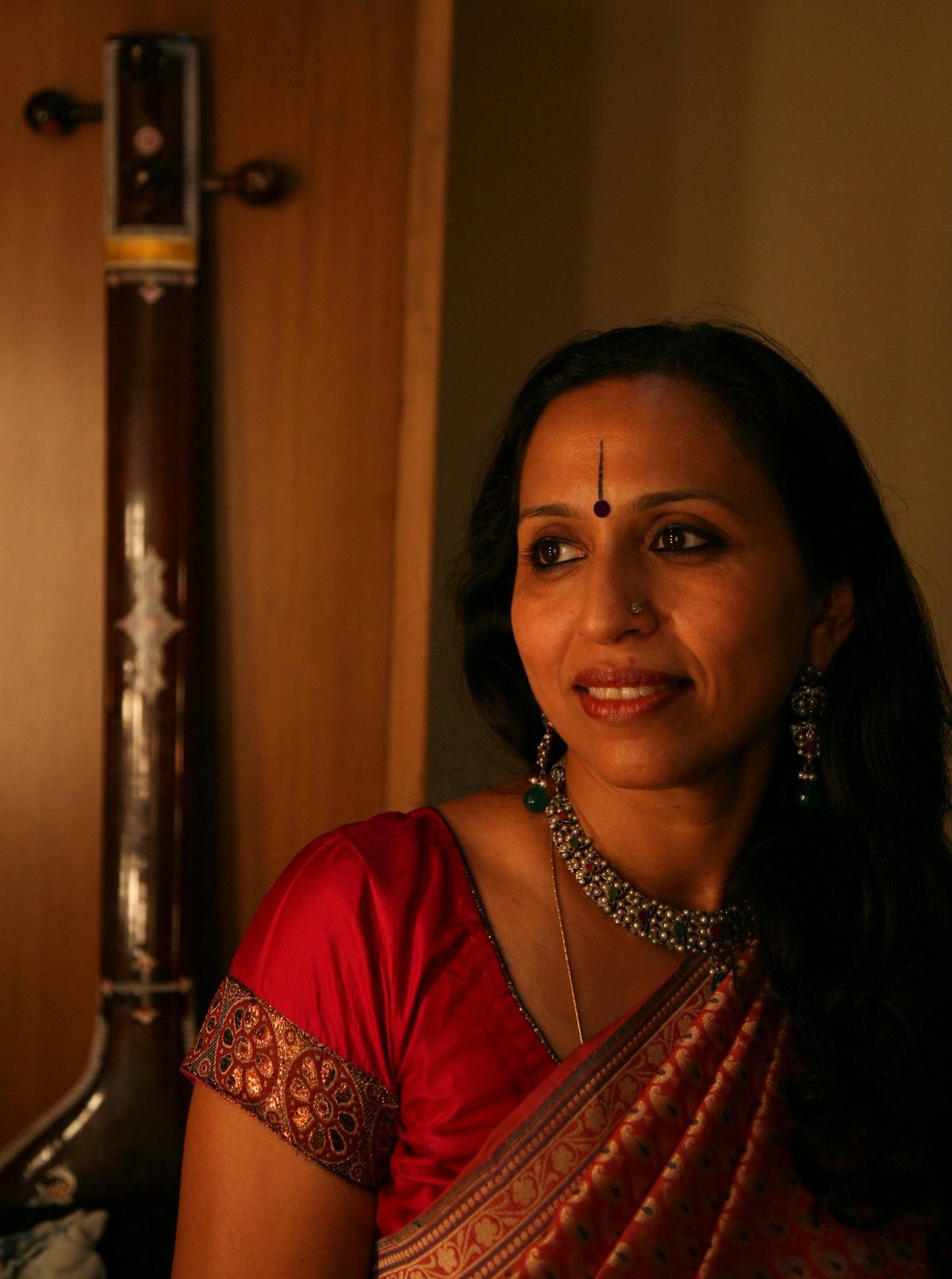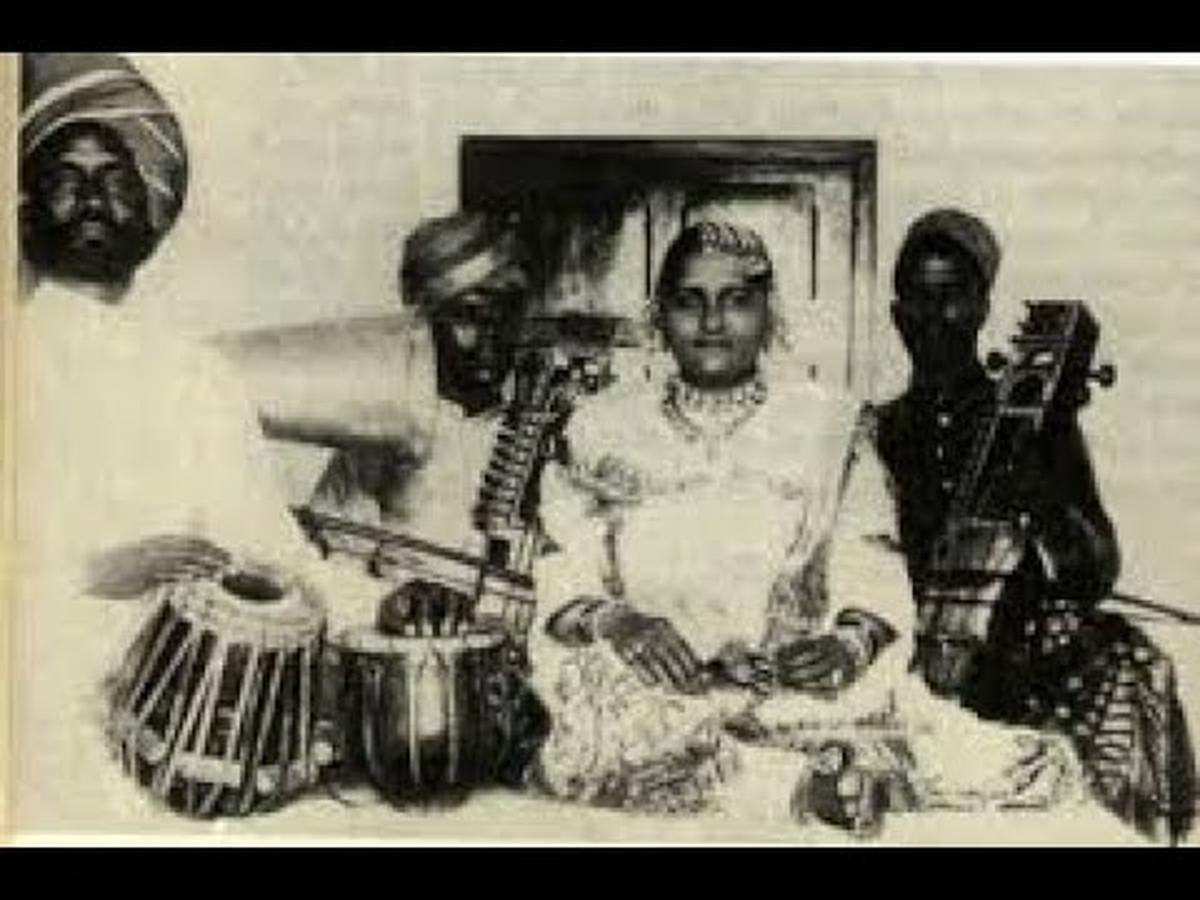How did women singers make gramophone a domestic item


Gauhar Jaan, first Indian artist to record on gramophone
When Thomas Alva Edison wrapped the tin foil around a metal cylinder to make phonographs (a crude recording device) in 1877, they sang ‘a Little Lamb near Mary’ to test it. He could not imagine that in only 25 years, his ‘favorite invention’ would travel to India in his developed version as Gramophone and record Rag Jogia, an Indian courtesy of the Armenian dynasty.
Career option that Gauhar Jaan and his colleagues – all highly skilled musicians and divas have been made in themselves – that can change in the period that can be changed forever that can hear music, where and when. These artists shared stories about leading the Indian music industry by composer and researcher Vidya Shah in ‘Women on Record’, which was part of the memory of Women’s Day of Bangalore International Center. The title ‘unheard stories’, BIC series included talks, film screening and concerts.

‘Women on Record’ was full of stories about how women artists pledged Indian music industry
‘Women on Record’ highlighted that the first sounds for living in gramophone technology in India are women – courageous, talented and far enough to know that this venture would be worth risks. Unfiltred, bold voice, magnificent artistry and music and even fiery personality shine through these trailblazers and through stories, which are known as Tawaifs, Baijis, Ganvelis, Ecquratulas and Devadasis. He played an important role in making music democratic, as the then male mestro had made the gramophone clear – from the loss of voice and the quarrel of classical music, if it was to be made widely available.
Gramophones, thanks to these women going on records, became a domestic object (at that time, in the rich houses), later street corner sochres, riddles, advertising and jokes in its name.
Although women who were elected to record were commercially successful, their social status was reduced over time by Victorian morality and British politics. Information about information about her role and contribution in Indian history and culture has been removed by ‘Records on Record’ (which is also present as a film that Vidya had co-produced with Parthiv Shah, and is said to be in a book Jalasa (Tulika Books). Vidya says that she found it “especially dear and inspiring” that these women thought “through their life and creative processes in a very practical, clever way”.

Composer and researcher Vidya Shah
“In addition to two artists, Gauhar Jaan, who touched me deeply in terms of his music and entrepreneurship, the Janaki Bai Ilahabadi and Sundarra Bai Punkar,” calls Vidya “. “Today as a composer, I know about the need to be intelligent and entrepreneurship. These women did this when the resources were really limited. Janaki Bai Ilhabadi did not hold up in tight contracts by interacting with the label. For example, the artists should pay a lot. A film is the theater owned.”
The stories behind the music fascinated her more than music, shared Vidya. Fifteen years ago, when an audience member shared a cassette of songs by artists of this era, it was his name and place that he got eagerly. “I was interested in connect gender-technology. If you see technology as a thing, it becomes more male oriented, but here I saw the opposite,” she says. Grants and Fellowships provided research facilities that will give rise to film, books, exhibitions and concerts.

Janaki Bai Ilahabadi
Vidya’s intention was to understand how “knowledge is transferred through records by women, which are not necessarily accepted through that mainstream tradition. This is the whole cleaning that has happened”, she tells. ‘Women on record’ try to address it. The challenge “was not actually about achieving records, but to find people behind the names to get and share stories, to find more decents than academic. Some songs were collected from friends’ grandmothers. It has been a good part of the project,” she says.
Published – 02 April, 2025 05:53 pm IST
,
#women #singers #gramophone #domestic #item




